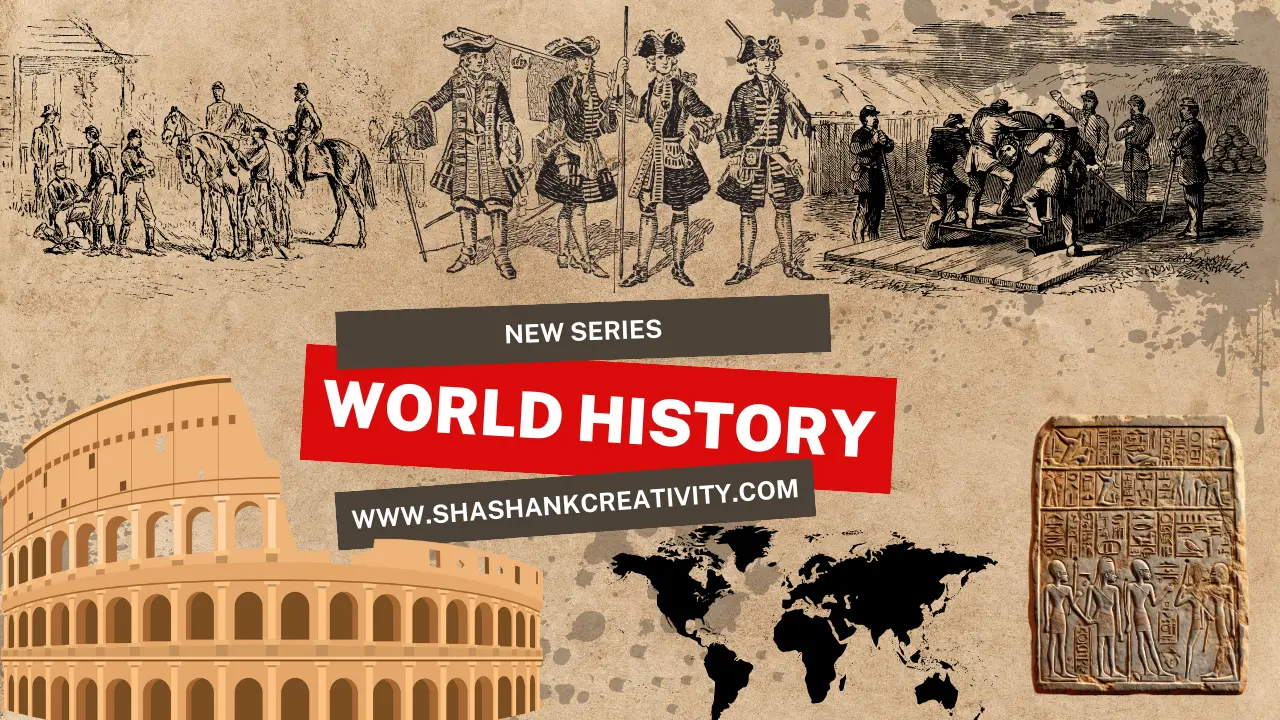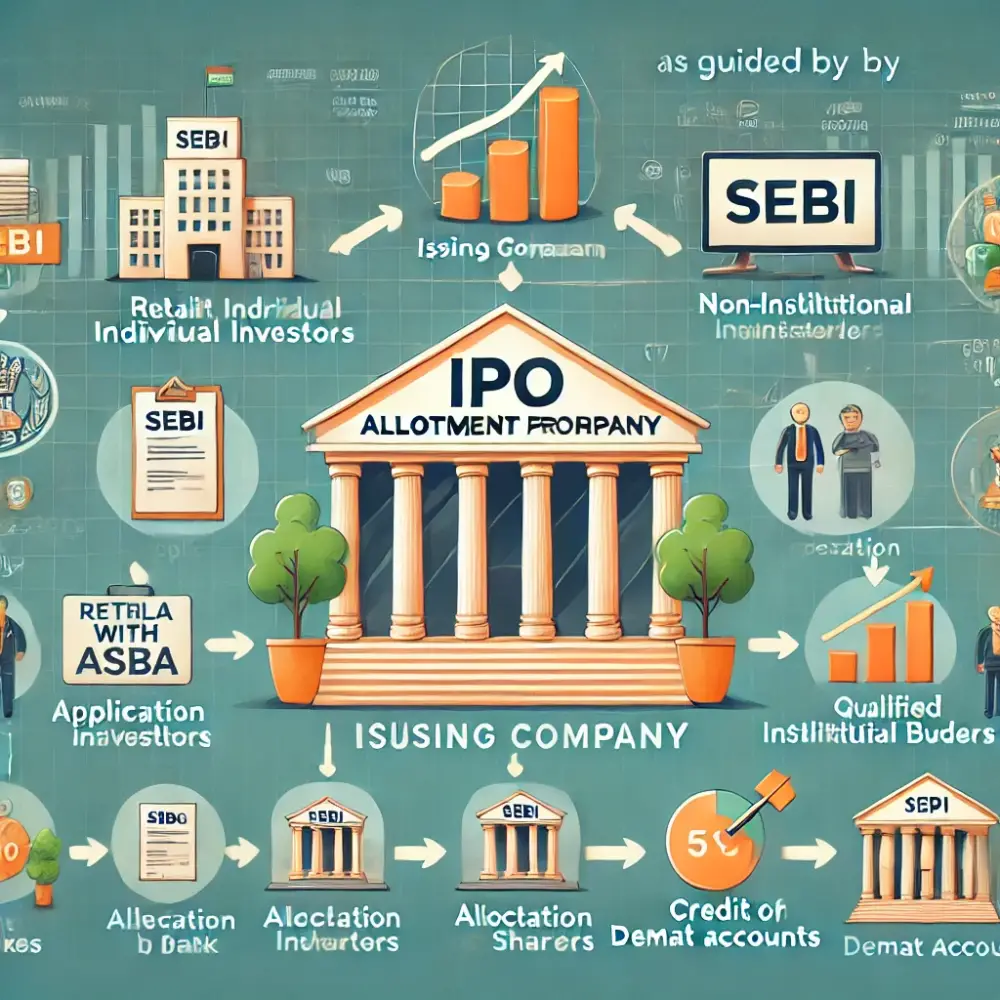List of Roman emperors and their characteristics

List of Roman emperors and their characteristics
The Roman Empire had a long and diverse line of rulers, each with their own strengths and weaknesses. It's important to note that the assessment of their strengths and weaknesses is subjective and depends on viewers eyes, as historical perspectives and sources may vary. Here's a brief overview of some notable Roman emperors and their characteristics:
-
Julius Caesar (100 BCE - 44 BCE):
- Strengths: Military genius, charismatic leadership, political acumen.
- Weaknesses: Ambitious, faced opposition from the Senate, ultimately assassinated.
-
Augustus (Octavian) (63 BCE - 14 CE):
- Strengths: Skilled statesman, established the Pax Romana, administrative reforms, infrastructure development.
- Weaknesses: Increased authoritarianism, reliance on personal loyalty.
-
Tiberius (42 BCE - 37 CE):
- Strengths: Military success, administrative competence.
- Weaknesses: Withdrawn personality, suspicion of treason led to political purges.
-
Caligula (12 CE - 41 CE):
- Strengths: Initially popular, extravagant building projects.
- Weaknesses: Erratic behavior, cruelty, declared himself divine, assassinated.
-
Claudius (10 BCE - 54 CE):
- Strengths: Administrative reforms, expanded Roman citizenship, conquered Britain.
- Weaknesses: Physical disabilities led to underestimation, influenced by his wives.
-
Nero (37 CE - 68 CE):
- Strengths: Initial popularity, arts patronage.
- Weaknesses: Extravagant spending, alleged involvement in the Great Fire of Rome, persecution of Christians, faced rebellion, committed suicide.
-
Vespasian (9 CE - 79 CE):
- Strengths: Military success, fiscal reforms, construction projects (Colosseum).
- Weaknesses: Criticized for financial policies, some perceived as harsh.
-
Titus (39 CE - 81 CE):
- Strengths: Completed the Colosseum, handled the eruption of Mount Vesuvius.
- Weaknesses: Short reign, limited political and military achievements.
-
Domitian (51 CE - 96 CE):
- Strengths: Strengthened the economy, successful military campaigns.
- Weaknesses: Autocratic rule, paranoia, unpopular policies, assassinated.
-
Trajan (53 CE - 117 CE):
- Strengths: Military successes (Dacian Wars), extensive public works, expanded the empire.
- Weaknesses: Deterioration of the financial situation, criticized for overextension.
-
Hadrian (76 CE - 138 CE):
- Strengths: Consolidated the empire, extensive building projects (Hadrian's Wall), legal reforms.
- Weaknesses: Authoritarian rule, some military setbacks.
-
Marcus Aurelius (121 CE - 180 CE):
- Strengths: Stoic philosopher, military success (until the end of his reign), administrative competence.
- Weaknesses: Series of border wars, the burden of managing the empire's challenges.
It's important to recognize that historical accounts and interpretations may vary, and the assessment of rulers often depends on the perspectives of ancient historians and modern scholars. Additionally, the strengths and weaknesses mentioned are not exhaustive and represent general trends associated with each ruler.




